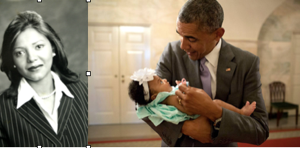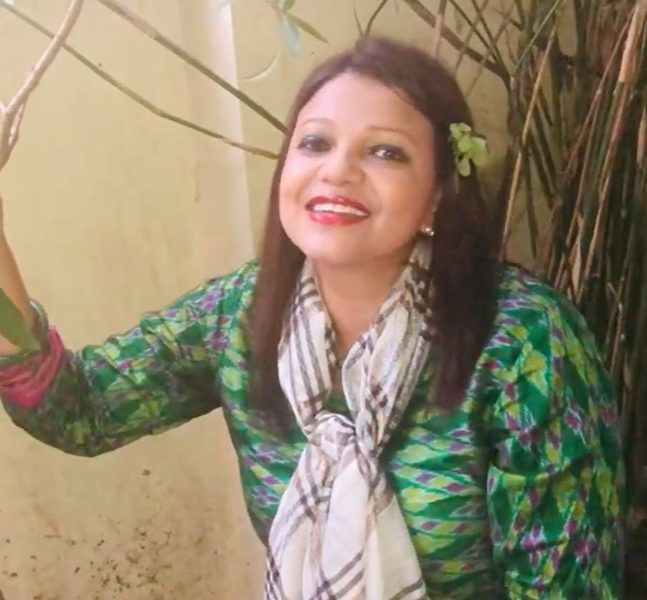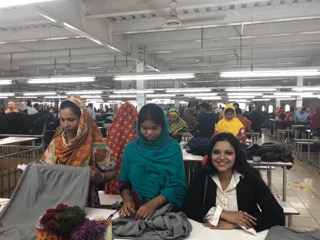The move comes after the Trump administration put Huawei on a blacklist last month that barred it from doing business with US tech companies such as Alphabet Inc, whose Android OS is used in Huawei’s phones.
Since then, Huawei – the world’s biggest maker of telecoms network gear – has filed for a Hongmeng trademark in countries such as Cambodia, Canada, South Korea and New Zealand, data from the UN World Intellectual Property Organization (WIPO) shows.
It also filed an application in Peru on May 27, according to the country’s anti-trust agency Indecopi.
Huawei has a back-up OS in case it is cut off from US-made software, Richard Yu, CEO of the firm’s consumer division, told German newspaper Die Welt in an interview earlier this year.
The firm, also the world’s second-largest maker of smartphones, has not yet revealed details about its OS.
Its applications to trademark the OS show Huawei wants to use “Hongmeng” for gadgets ranging from smartphones, portable computers to robots and car televisions.
At home, Huawei applied for a Hongmeng trademark in August last year and received a nod last month, according to a filing on China’s intellectual property administration’s website.
Huawei declined to comment.
CONSUMER CONCERNS
According to WIPO data, the earliest Huawei applications to trademark the Hongmeng OS outside China were made on May 14 to the European Union Intellectual Property Office and South Korea, or right after the United States flagged it would stick Huawei on an export blacklist.
Huawei has come under mounting scrutiny for over a year, led by US allegations that “back doors” in its routers, switches and other gear could allow China to spy on US communications.
The company has denied its products pose a security threat.
However, consumers have been spooked by how matters have escalated, with many looking to offload their devices on worries they would be cut off from Android updates in the wake of the US blacklist.
Huawei’s hopes to become the world’s top selling smartphone maker in the fourth quarter this year have now been delayed, a senior Huawei executive said this week.
Peru’s Indecopi has said it needs more information from Huawei before it can register a trademark for Hongmeng in the country, where there are some 5.5 million Huawei phone users.
The agency did not give details on the documents it had sought, but said Huawei had up to nine months to respond.
Huawei representatives in Peru declined to provide immediate comment, while the Chinese embassy in Lima did not respond to requests for comment.






















